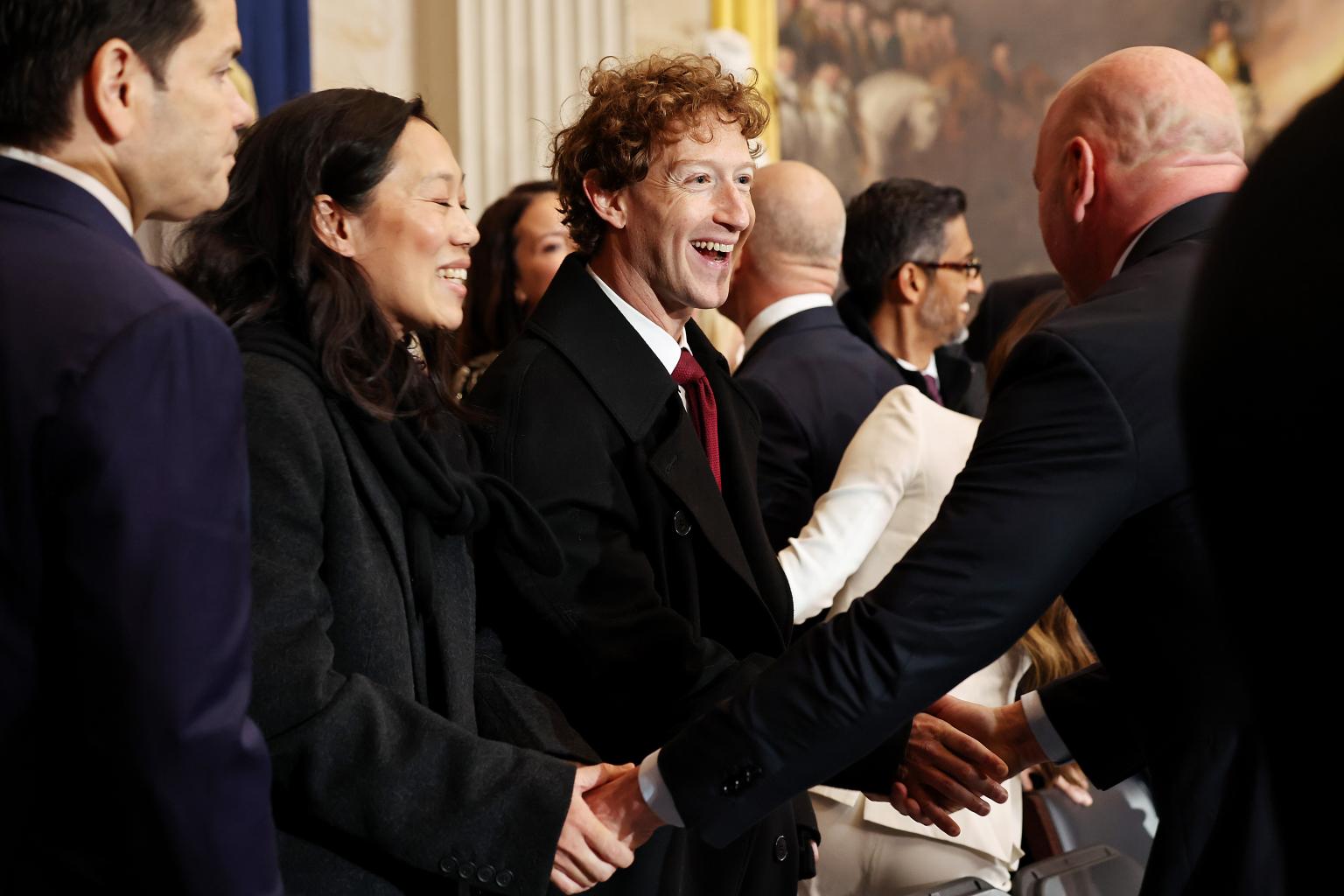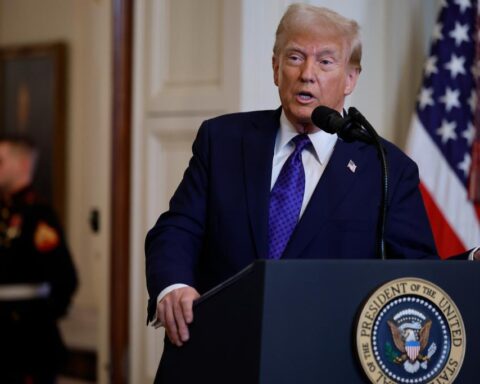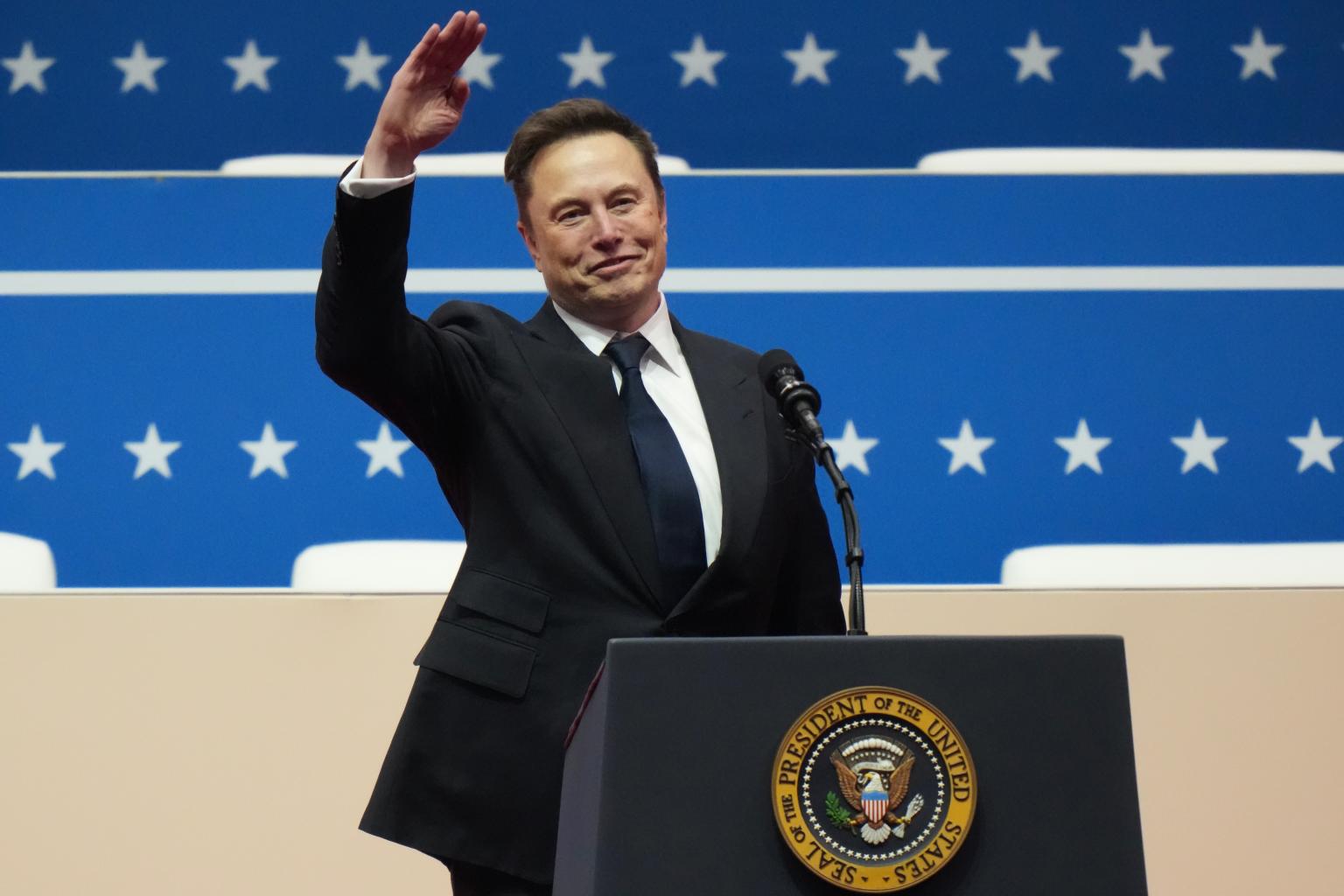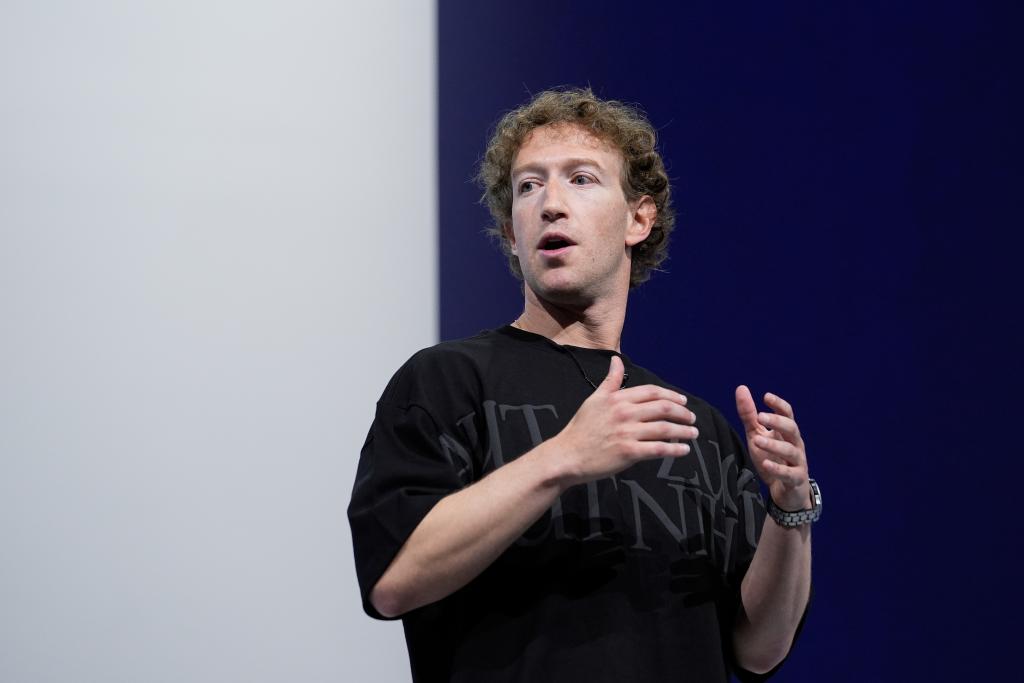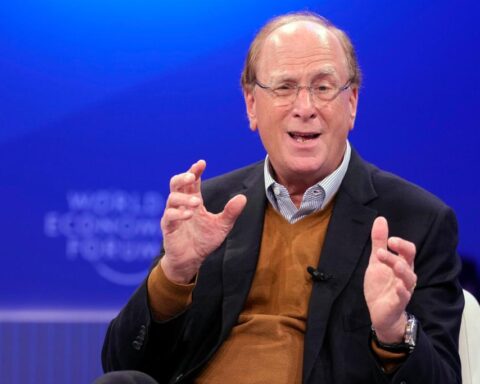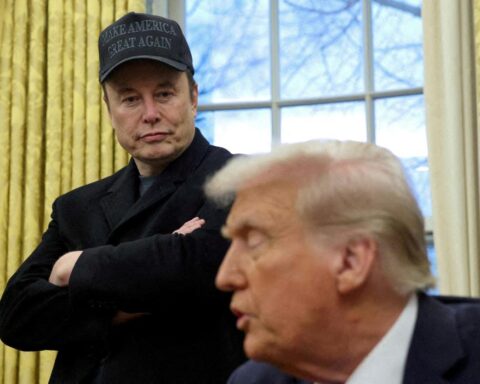AI Chatbots Misidentify U.S. President as Biden, Sparking Concerns Over Accuracy and Bias
Meta’s artificial intelligence systems, deployed across its platforms including Facebook, Instagram, and WhatsApp, were thrown into disarray this week when users continued to receive outdated information stating Joe Biden was still the U.S. president, despite the inauguration of Donald Trump on January 20, 2025. The glitch, first reported by Reuters, led to widespread confusion as Meta’s chatbots struggled to provide accurate details about the newly elected president.
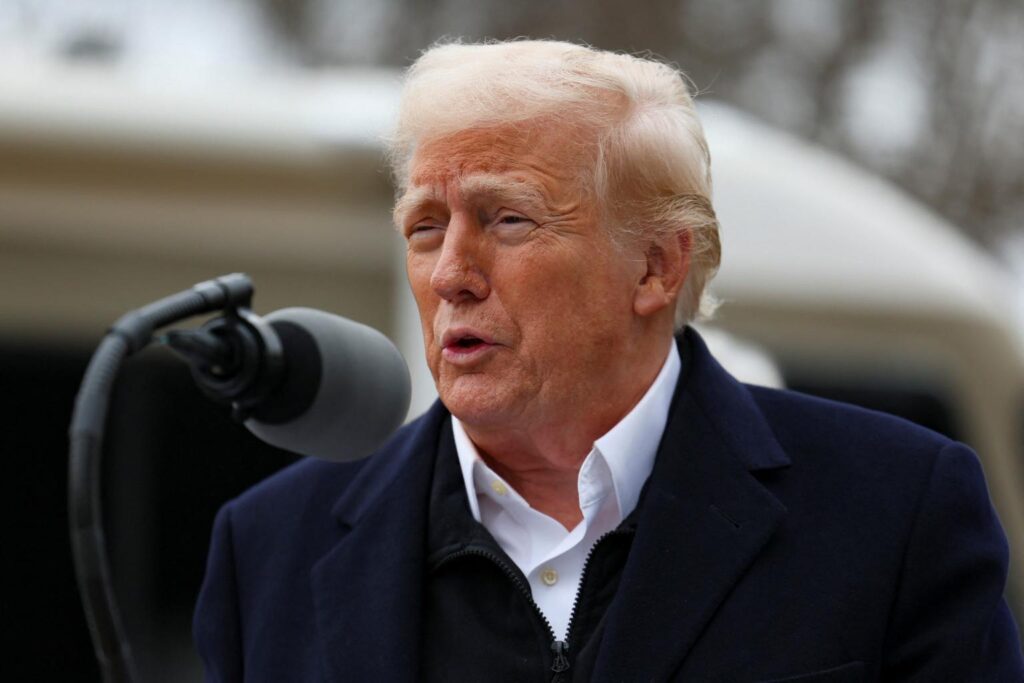
When users asked the AI chatbots for the name of the current president, responses still included references to Biden. One chatbot even told a Reuters reporter: “The current president of the United States is Joe Biden. However, according to the most recent information available, Donald Trump was sworn in as the president on January 20, 2025.”
Meta immediately activated a “site event” (SEV), a protocol used to address urgent issues, to resolve the problem. A spokesperson explained that such glitches are common with generative AI systems, which sometimes provide outdated data. “Everyone knows the President of the United States is Donald Trump,” the spokesperson clarified, while assuring that improvements would continue.
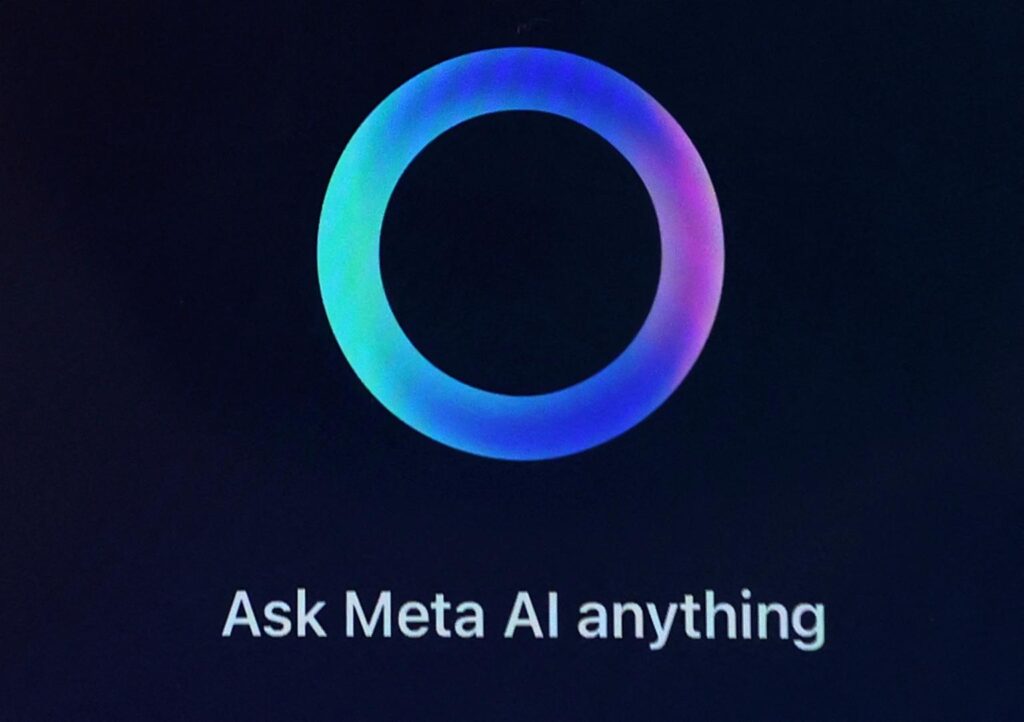
As of Friday, Meta reported that the issue was largely resolved, and testing conducted by The Post found that the chatbots were now correctly identifying Donald Trump as president. The company claimed that very few users were affected by the error. However, the glitch was just one of several complications surrounding the presidential transition. Earlier this week, Meta also faced issues with users automatically following Trump’s official White House accounts due to a delayed account transition process, prompting further SEV alerts.
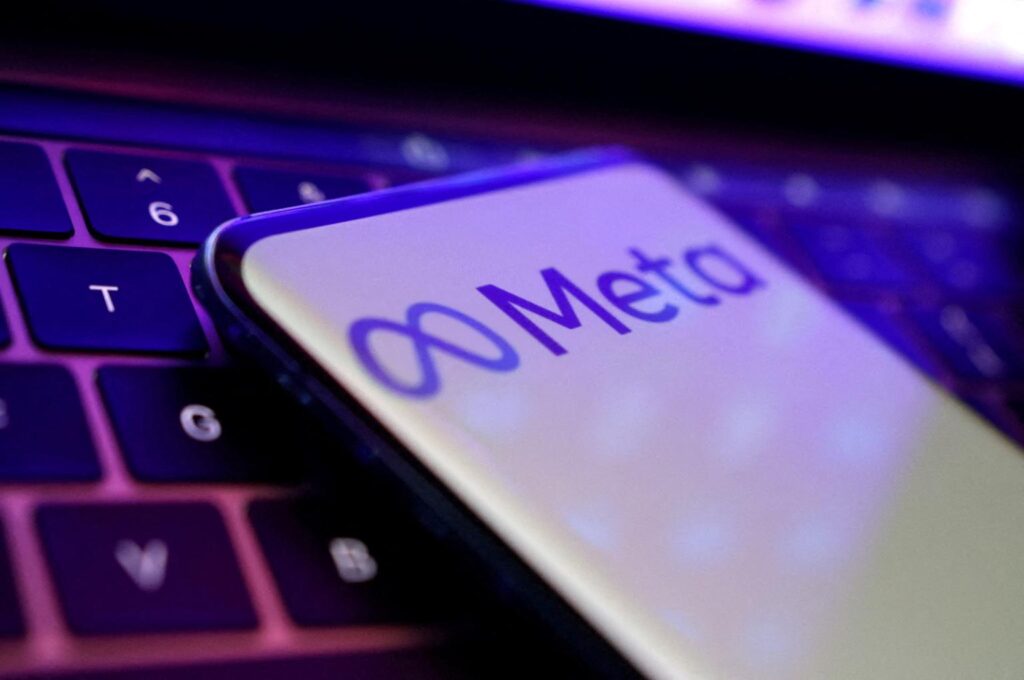
In addition to the confusion surrounding the presidential transition, Meta’s platforms have been under intense scrutiny for their political leanings. Mark Zuckerberg’s attendance at Trump’s inauguration and recent changes to Meta’s fact-checking and diversity policies have raised concerns about the company’s potential political bias. Critics argue that these changes, coupled with Meta’s handling of AI inaccuracies, could fuel distrust in the platform’s neutrality during the politically charged period of the U.S. presidency



